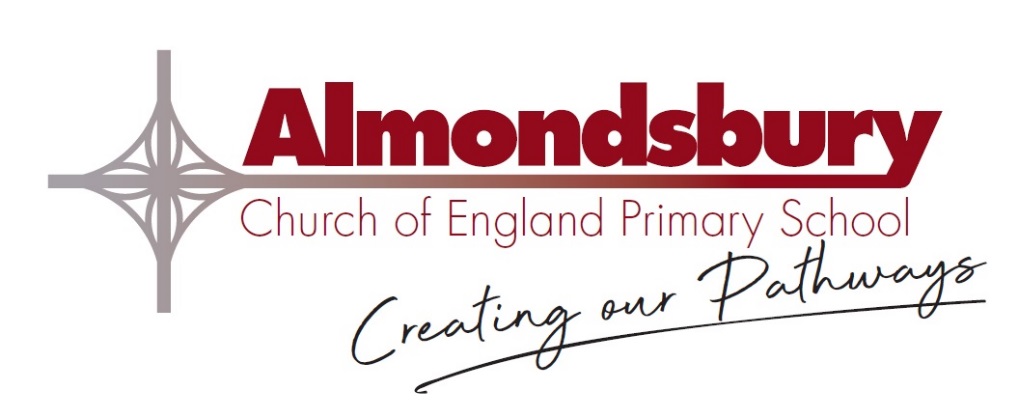Equalities at Almondsbury
We value the diverse nature of our school community and the Equalities and opportunities that are provided for all pupils and staff.
Almondsbury CE Primary School provides an education for all, acknowledging that the society within which we live is enriched by ethnic diversity, culture and faith of its citizens.
The primary focus of education is to increase life chances. We recognise, acknowledge and uphold the 9 protected characteristics of the Equalities Act 2010. We actively discourage discrimination in any form including age, disability, gender (including gender reassignment), sexual orientation, race, ethnicity, religion or belief and educational capability. We will actively promote an inclusive environment and ethos.
Aims
Equality of opportunity is about providing equality and excellence for all in order to promote the highest possible standards of achievement. Equality of opportunity applies to all members of the school community; pupils, staff, governors, parents and community members.
It is based on the following core values and ethos as expressed in this school’s vision:

“Show me your way, Lord teach me your paths.” Psalms (25.4)
Almondsbury CE Primary School will help all members of the school community to:
- develop an understanding of the Christian values of respect, hope and love
- be happy, confident, collaborative and successful learners, developing a pride in personal achievement, whilst encouraging a passion for learning
- understand and express their own thoughts and feelings and to be sensitive to others
- be aware of the importance of a safe environment, foster and maintain a healthy lifestyle through emotional self-awareness and physical well-being enabling them to deal with challenging situations
- develop integrity, value and respect others, as part of the local community and within our diverse society
- gain optimum learning experiences, equipping children with the skills and knowledge needed for their future with a sense of self-responsibility.
These aims are designed to ensure that the school meets the needs of all, taking account of race, gender, ethnicity, culture, religion, language, sexual orientation, age, ability, disability and social circumstances. It is important that in this school we value cultural diversity, meet the diverse needs of pupils to ensure inclusion and ensure that all pupils are prepared for full participation in a multi-ethnic society.
Our Equalities Plan runs from 2020 to 2023 of which these are our key priorities.
|
School Priorities |
|
Disability |
|
1. Continue to ensure that all stakeholders are treated equally regardless of disability, ensure that all curriculum and after school activities are accessible for all stakeholders. |
|
2. Continue to ensure children identified as disabled are maintaining good progress. |
|
Accessibility |
|
1. Investigate refurbishment of school’s stock of height adjustable tables, kitchen and bathroom taps with levers, etc as the need arises |
|
2. Ensure the curriculum is accessible for all. |
|
Gender |
|
1. Continue to ensure equal opportunities for both sexes in curriculum and at additional times. |
|
2. Continue to maintain the number of male role models within the school either staff or volunteers. |
|
3. Continue to ensure that data is analysed to view if there is a gender issue in learning. |
|
4. To ensure there is no prejudice shown to pupils of different gender or gender orientation. Identify where appropriate LGBTQ+ ensuring no gender discrimination or prejudice. |
|
Race |
|
1. Continue to ensure all children are challenged if and when comments or actions are of a racist nature, both conscious and unconscious bias. |
|
2. Ensure all stakeholders are aware of policies and practice in school. |
|
3. Continue to ensure children from different ethnic groups are maintaining good progress. |
|
General |
|
1. Ensure all policies and practice (curriculum and ethos) are inclusive, providing equality for all. |
|
2. Ensure perceptions regarding equality, inequality and difference are challenged by all stakeholders. |
|
3. Continue to ensure that all children are making sufficient and measured progress with their targets for end of year and key stages. |
